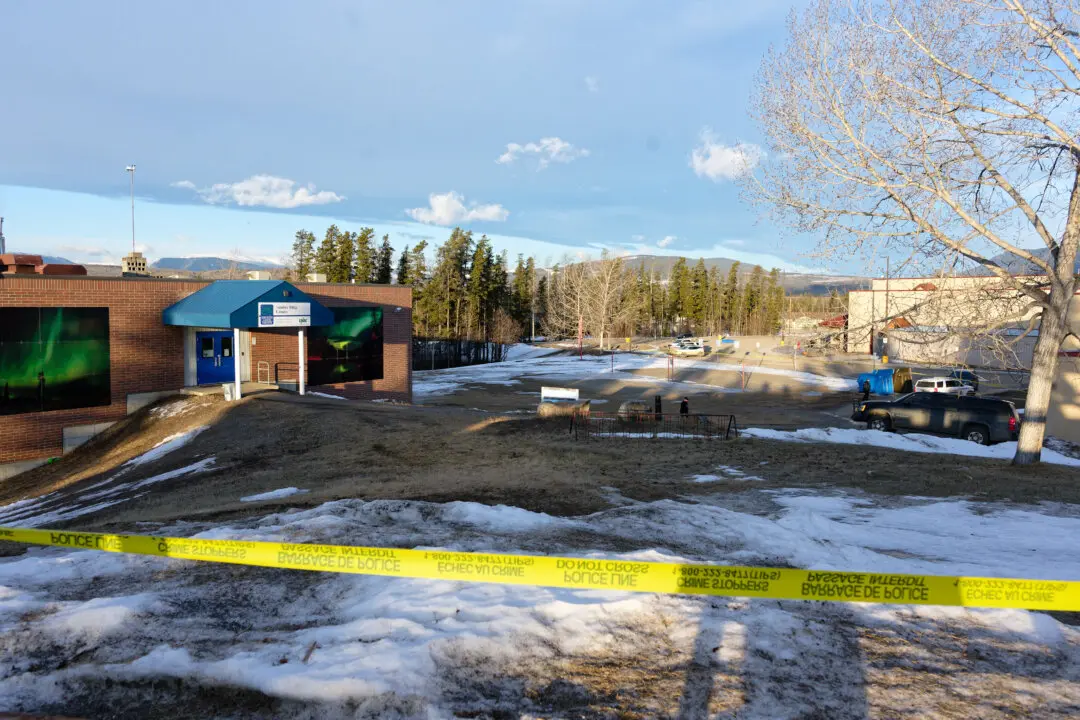It is time for Canada to stop being “naive” and see China for what it truly is—an “adversary,” says Alberta Premier Danielle Smith.
“It seemed plausible that if you invest in China and help them to become more economically free and have more free enterprise, that would result in more political freedom. Well, it hasn’t turned out that way,” Ms. Smith said in an interview with the host of The Epoch Times’ American Thought Leaders Jan Jekielek.





